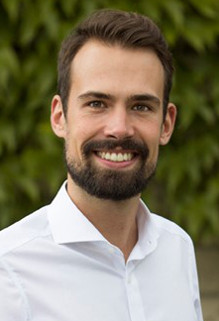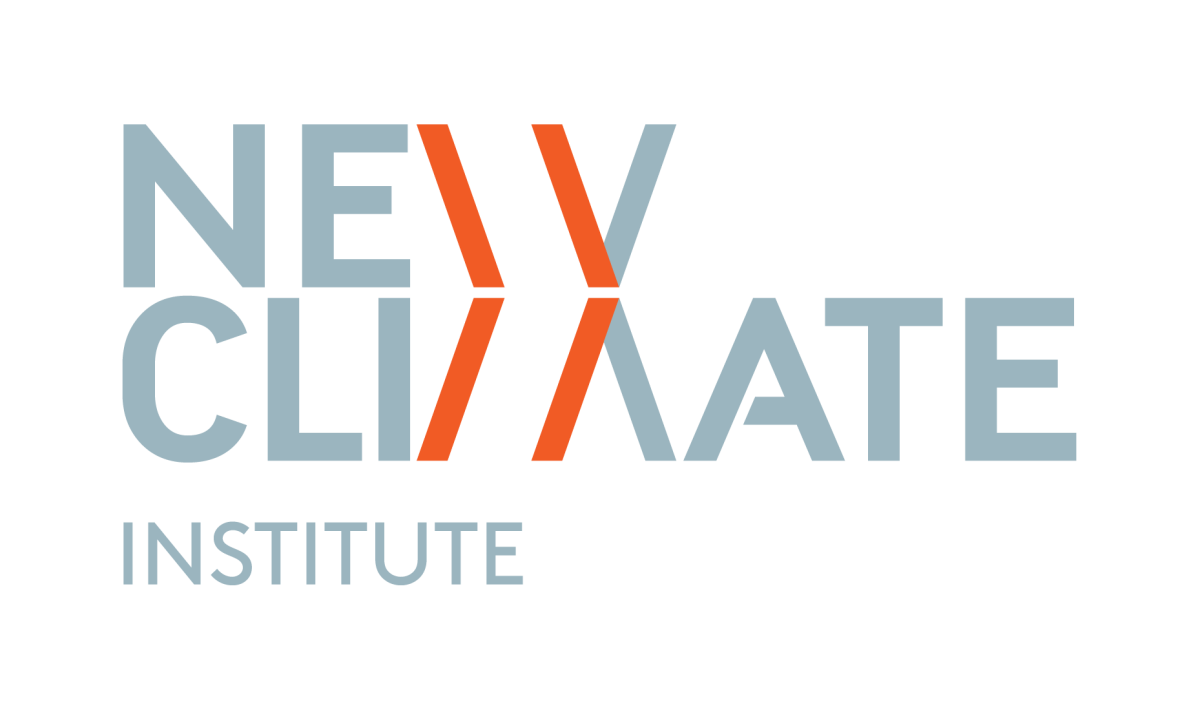Reporting on net zero targets: How to tell real ambition from greenwashing
When reporting on corporate net zero targets, drawing the line between meaningful climate commitments and hollow greenwashing can be complicated. Yet, the rapid spread of company climate commitments makes this journalistic undertaking more urgent than ever. In the words of UN Secretary-General Antonio Guterrez: “We must have zero tolerance for net-zero greenwashing.” But how can journalists best report on net zero targets? What are the shortcuts to finding out whether a company’s climate pledges are a meaningless PR exercise, or a serious commitment to decarbonisation?
Clean Energy Wire has already produced a compact guide,“How to unpick a company net zero target in 7 steps,” based on the methodology of NewClimate Institute, a global leader in assessing corporate net zero targets. In the latest edition of the Corporate Climate Responsibility Monitor, NewClimate found that the “net zero” climate plans of 24 of the world’s largest companies – including household names such as Amazon, Apple, Google, H&M, Nestle, and Walmart – come to emissions reductions of only 36 percent. In this webinar, Frederic Hans and Sybrig Smit, co-authors of the report, will share insights from years of experience in assessing net zero targets, and in dealing with company press and sustainability departments on this issue. In addition, Taipei-based journalist Kwangyin Liu will talk about her experience of researching how the net zero targets of Apple, Google, and Microsoft could force Taiwan’s massive chipmaking industry abroad.
Journalists attending the session will learn about:
- What approach to take when reporting on company net zero targets
- Avoiding common pitfalls when assessing company climate targets
- Spotting telltale signs for greenwashing in company publications
- Asking the right questions when dealing with company press and sustainability departments
AGENDA
| 16.00 - 16.05 |
Welcome and opening remarks By Sören Amelang, Clean Energy Wire |
| 16.05 - 16.20 |
How to unpick a company net zero target in 7 steps – a quick intro into our hands-on approach By Frederic Hans, NewClimate Institute Key points:
Followed by Q&A |
| 16.20 - 16.50 |
From Amazon to Nestlé: An introduction to analysing real-world company cases, and practical tips on what to look out for By Sybrig Smit, NewClimate Institute Key points:
Followed by Q&A |
| 16.50 - 17.10 |
The case of Taiwan: How net zero targets of multinational tech giants could force Taiwan's chipmakers abroad By Kwangyin Liu, journalist Key points:
Followed by Q&A |
| 17.10 - 17.25 | Open debate & question time |
| 17.25 - 17.30 | Conclusion and outlook |
SPEAKERS
Frederic Hans’ work focuses on tracking climate action at the national, sub-national, and corporate level. In this capacity, he is part of the core teams of the Climate Action Tracker evaluating national climate change efforts and the Corporate Climate Responsibility Monitor assessing companies’ climate action. Frederic was a lead author of Chapter 4 in both the UNEP Emissions Gap Reports of 2019 and 2020, and has been contributing author to all reports since 2018. Frederic has led and contributed to several projects developing frameworks on low-emission strategies, guidance documents on effective climate target setting, and quantitatively analysing greenhouse gas emissions trajectories. Frederic holds a B.A. in Economics from the University of St. Gallen and a M.A. in Comparative and International Studies from ETH Zurich with a focus on quantitative research methods and political economy.
Sybrig Smit specialises in tracking climate action and policies. She focuses on non-state and subnational climate action, including potential GHG impact assessments of climate targets set by cities, regions, companies and international initiatives, and analyses the transparency and integrity of corporate climate targets. Sybrig holds a BSc in Future Planet Studies at the University of Amsterdam, with a specialisation in Human Geography, and a MSc in Sustainable Development at Utrecht University, with a specialisation in Energy and Materials. For her Master’s thesis, she developed a refined methodology to quantify the net GHG emissions reduction impact of global non-state and subnational action.
Kwangyin Liu has covered energy transition, climate change, environment and the auto industry for the Taipei-based CommonWealth Magazine since 2012. Since 2020, she also serves as the editor of CWM’s English website. She has been covering the UNFCCC COPs since 2015, and was present at the 2015 COP21 in Paris and the 2017 COP23 in Bonn. She was an IJP Asia fellow in 2017 and she has been Clean Energy Wire's ambassador for East Asia since 2019.





